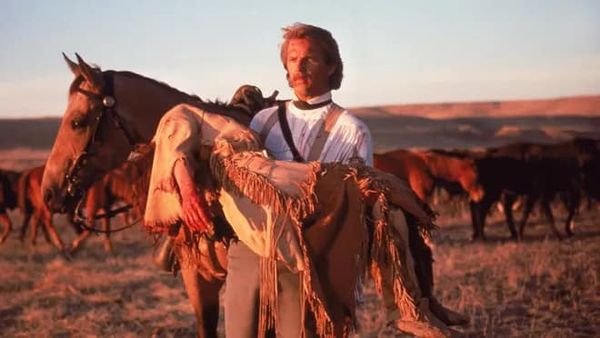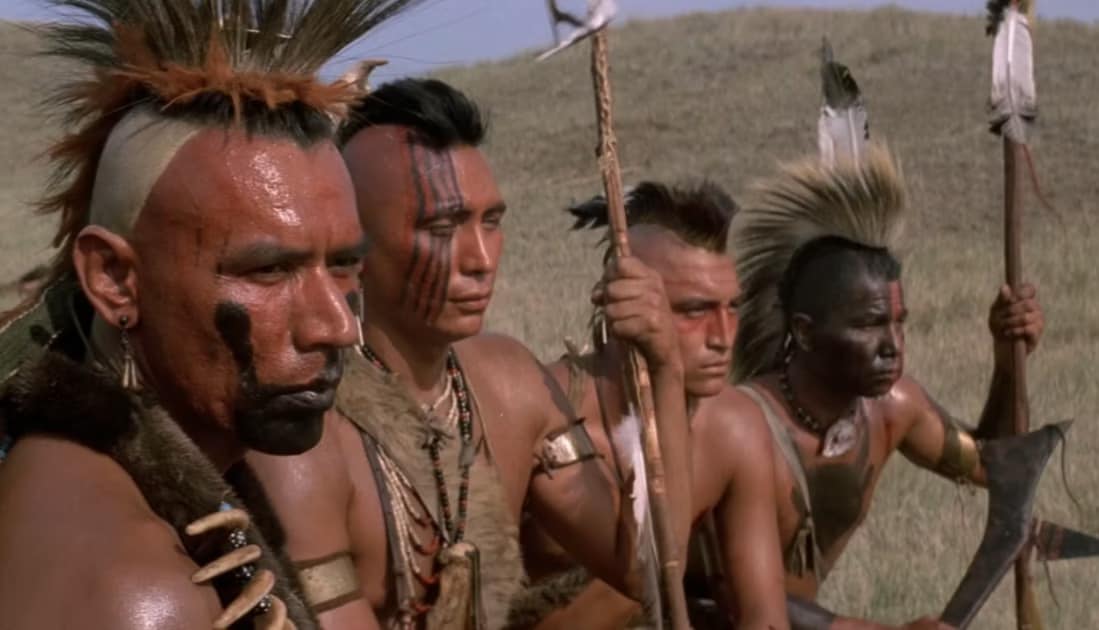Dances with Wolves (1990)

Exploring the Depths of “Dances with Wolves” (1990)
Overview and Synopsis:
“Dances with Wolves,” directed by and starring Kevin Costner, is a poignant 1990 film that delves into the rich and complex world of the American West during the Civil War era. The film follows Lieutenant John J. Dunbar (Kevin Costner), a Union soldier who is sent to a remote outpost in South Dakota. Initially, Dunbar’s mission is to assess the strategic value of the post and maintain its defense. However, his experiences with the local Lakota Sioux tribe profoundly alter his perspective and life.
Content and Themes:
At its core, “Dances with Wolves” is a story of transformation and cultural immersion. As Dunbar grows accustomed to life on the frontier, he forms deep bonds with the Lakota Sioux, learning their language, customs, and way of life. This connection challenges his preconceived notions about Native Americans and highlights the theme of mutual respect and understanding.
One of the film’s central themes is the clash between cultures and the consequences of colonization. Through Dunbar’s evolving relationship with the Sioux, the film explores the impact of American expansionism on indigenous peoples. It offers a nuanced portrayal of Native American life, countering many stereotypes prevalent in Western cinema.
The film also addresses themes of identity and belonging. Dunbar’s journey from a detached soldier to an integrated member of the Sioux tribe reflects a personal quest for meaning and connection. His adoption of the Sioux name “Dances with Wolves” symbolizes his transformation and acceptance of a new identity.

Significance and Impact:
“Dances with Wolves” was groundbreaking in its depiction of Native American culture, presenting it with respect and depth rather than as mere backdrops to a Western narrative. The film’s success was instrumental in shifting the portrayal of Native Americans in cinema, paving the way for more diverse and accurate representations.
The film’s critical acclaim was mirrored in its box office success. It won seven Academy Awards, including Best Picture and Best Director, and is celebrated for its stunning cinematography, evocative score by John Barry, and authentic portrayal of the Lakota Sioux.












